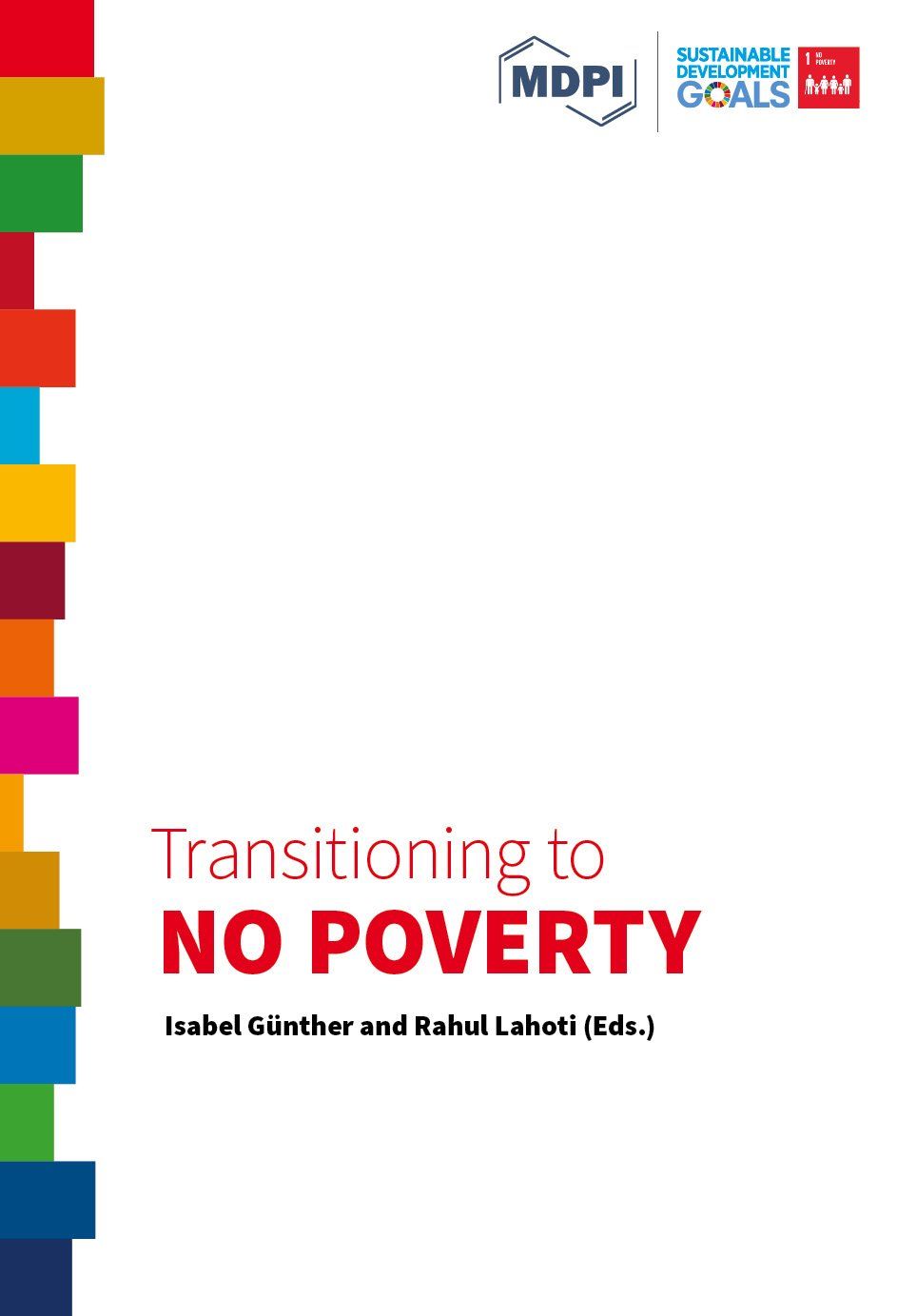A Safety Net for You, A Safety Net for Me? Donor Promotion of Social Protection Schemes Faces Policy Coherence Issues
page 285-305
Abstract
Social protection schemes are effective instruments to fight poverty in “normal” times. During crises, they are even more important to prevent people from falling into poverty, as the COVID-19 pandemic has demonstrated. Developing countries have long struggled to generate sufficient tax revenue to fund the social programs and investments needed to protect their populations. In recent years the donor community has increasingly converged on a consensus around the need to boost tax revenue as part of the broader development agenda. At the same time, donors have also promoted and defended international tax standards that benefit their business communities, and which, to a degree, work against the ability of developing countries to obtain a fair share of taxes from multinational corporations operating in their jurisdictions. The rules for taxing multinational enterprises are brokered by the Organization for Economic Co-operation and Development (OECD), the club of industrialized countries where donor governments are heavyweights. This chapter analyzes the reform of the OECD transfer pricing regulation after the financial crisis, which promised to simplify transfer pricing rules in a way that strengthens the position of developing economies towards multinational enterprises. The reform largely failed to deliver on its promise but was a success for those who benefit from the status quo. The political economy behind the reform points to the lack of policy coherence among donor countries and the deep politicization of the seemingly technical topic of international tax policy.
